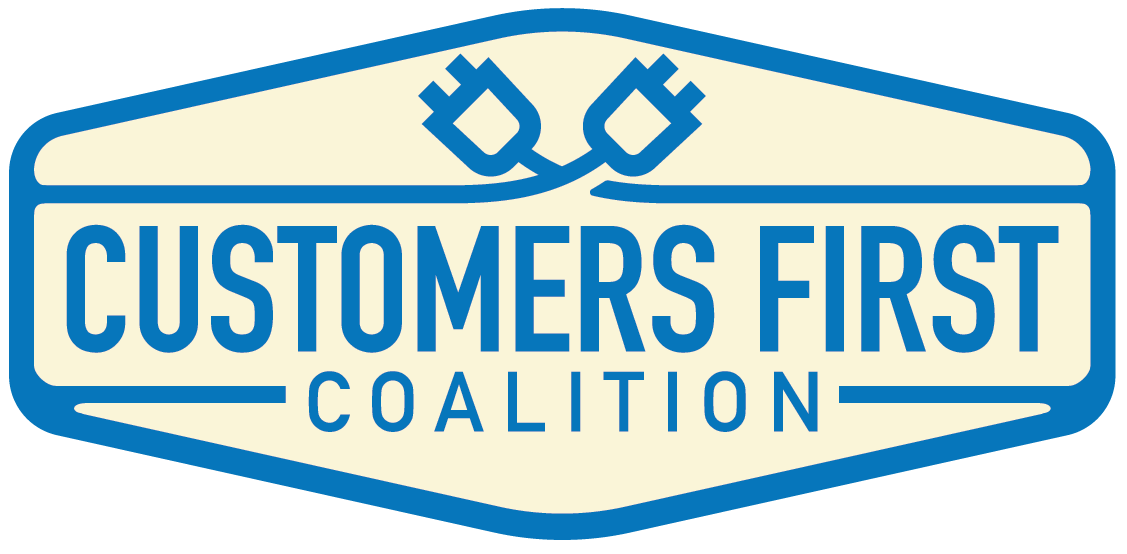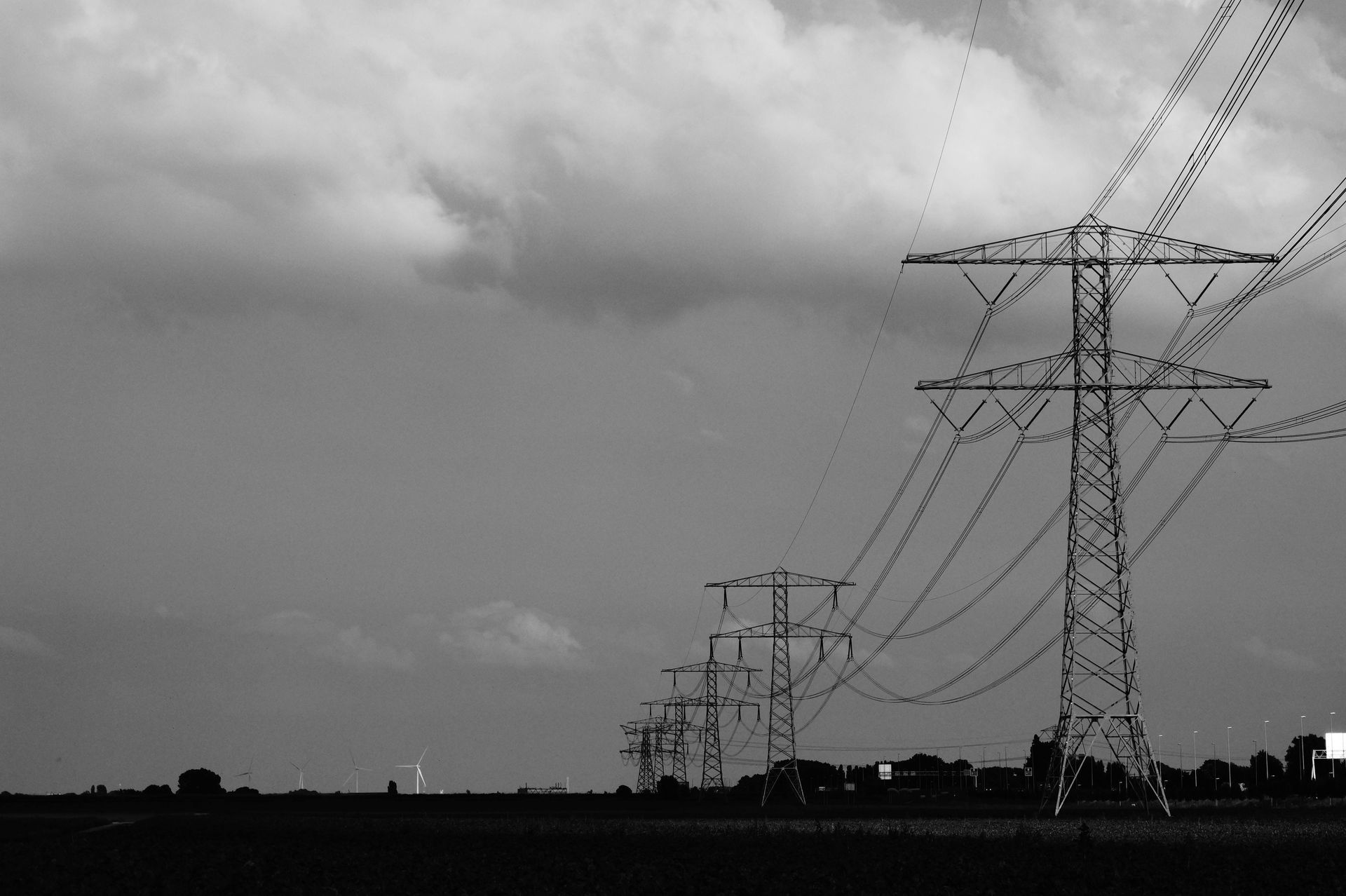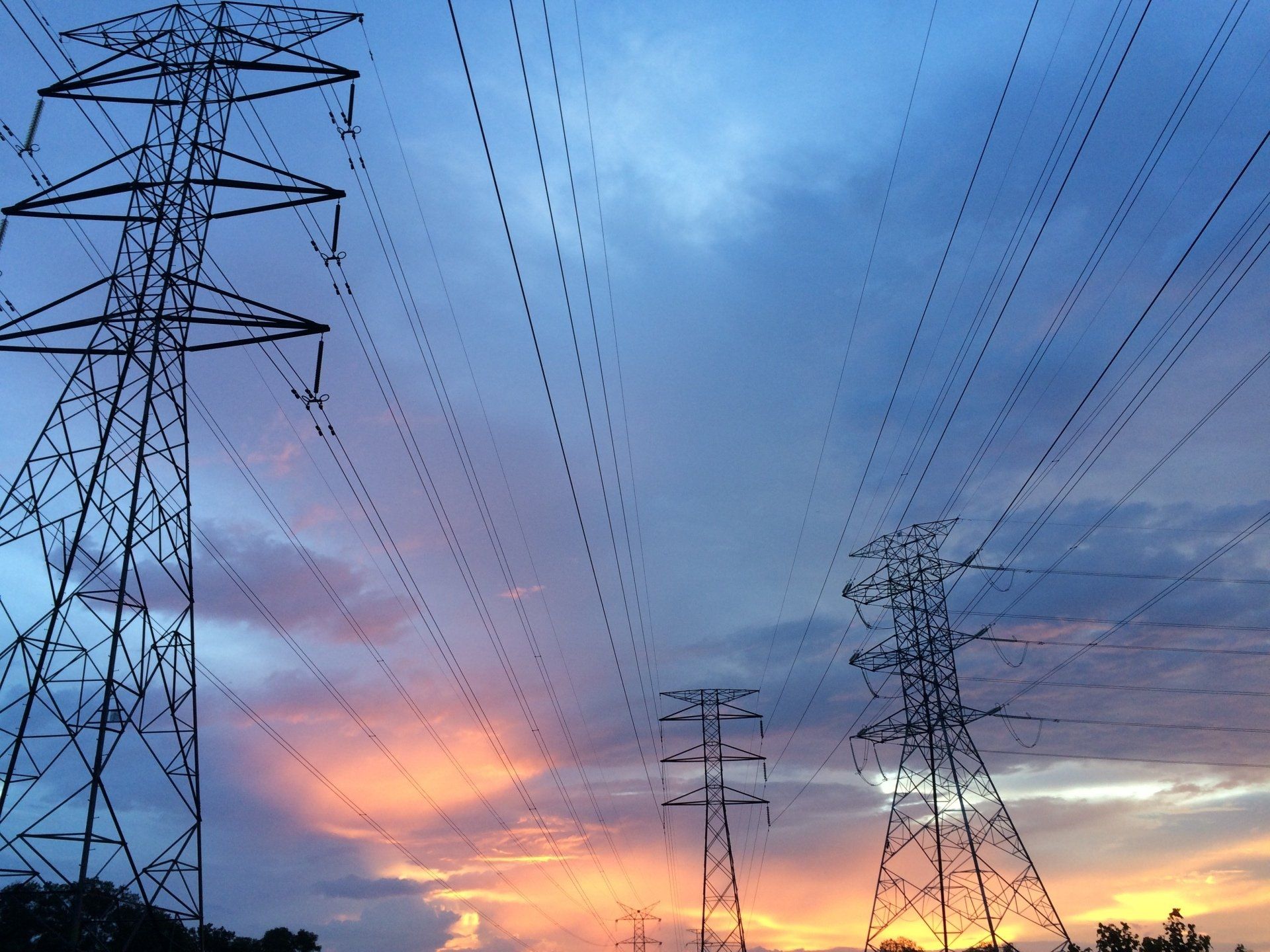A closer look at the 2023-25 Executive Budget
Below you'll find both a summary of the Wisconsin State Budget process and a list of energy provisions in the 2023-25 Executive Budget. Please note this blog post is for informational purposes only, may be subjective in nature, and may not be an exhaustive list. Feel free to contact us with any edits or omissions. Please refer to the Wisconsin Department of Administration web site or the Legislative Fiscal Bureau web site for official Wisconsin budget documents and summaries.
Wisconsin’s Budget Process
On February 15, 2023, Governor Tony Evers released his 2023-25 Executive Budget proposal to state lawmakers. Over the next several months, the legislature’s Joint Committee on Finance will hold public hearings on the proposed budget and will make changes to the document during Executive Sessions held in late Spring. By June, the Wisconsin State Assembly and State Senate will likely take up the revised version of the budget and vote on it in both houses.
After passage in both legislative houses, the budget will be sent back to the governor’s desk, where Governor Evers can make more changes by issuing partial vetoes before signing the budget into law or issue a full veto and start the process over again.
Wisconsin state statutes require the budget to be signed into law by July 1 of odd-numbered calendar years, but if the budget is not signed into law by that time, Wisconsin government functions will not stop; instead, operations would continue at current funding levels until a new budget is signed into law.
The Customers First Coalition exists to help preserve Wisconsin’s affordable and reliable energy. For this reason, our coalition takes interest in changes to Wisconsin law that may impact electric customers. Below, we have compiled a list of items relating to energy issues from the Governor’s proposed budget that may be of interest.
To compile this list, we referred to a document prepared by the Governor’s Administration called the “Budget in Brief,” which is a summary of proposed budget provisions, instead of the actual proposed statutory language. A list of all documents associated with the 2023-25 Executive Budget, including the full text of the budget bill, can be found on the Wisconsin Department of Administration web site, here.
2023-25 Executive Budget Items Relating to Energy Issues
Over the past several years, the Governor and his Administration have been discussing issues relating to energy use and climate change. Many budget proposals relating to energy issues have been included in the budget as a follow-up to these discussions.
Governor’s Proposed Budget Initiatives from the Task Force on Climate Change (See additional explanation in the Budget in Brief, Page 129)
- Establishing in statute the Office of Environmental Justice within the Department of Administration created by the Governor via Executive Order #161. This office is tasked with collaborating across state agencies and will engage with environmental justice advocates, communities of color, Tribal Nations, and low-income communities to design climate policies that reduce emissions and pollutants and address the cumulative and deadly impact of their concentration within those communities;
- Funding and executing state and local climate risk assessment and resilience plans and creating a chief resilience officer within the Office of Environmental Justice to oversee development and execution of these plans. According to the task force, a statewide climate risk assessment and resilience plan is necessary to identify infrastructure and communities most at risk of climate change impacts;
- Modifying current law to require a comprehensive plan be developed by municipalities to address climate change, require that local hazard mitigation plans include the consideration of climate change, and require communities throughout the state to include the consideration of climate change in their community health improvement assessment and plans;
- Providing technical assistance grant funding to assist municipalities and Tribal Nations to develop a plan to be carbon-free by 2050. Provide $200,000 GPR over the biennium to the Office of Environmental Justice for this purpose; and
- Doubling the required utility contribution for the Focus on Energy program from 1.2 percent to 2.4 percent of annual operating revenues, which would generate an additional $100 million in funding for the program. Focus on Energy provides both business and residential programs. Examples of programs include assistance for businesses applying for federal grants from the U.S. Department of Energy and providing no or low-cost energy tips, training opportunities for businesses, and financial incentives for residents seeking to improve the energy efficiency in their homes.
Governor’s Proposed Budget Initiatives from the state Clean Energy Plan (See more information in the Budget in Brief, Page 130)
- Establishing in statute the Office of Sustainability and Clean Energy within the Department of Administration. The office promotes the development and use of clean and renewable energy across the state and advances innovative sustainability solutions that improve the state’s economy and environment, diversify the resources used to meet the state’s energy needs, and generate family supporting jobs by promoting the expansion of Wisconsin’s clean energy economy. The office will also oversee a new $4 million GPR renewable and clean energy research grant, during the biennium;
- Creating the Clean Energy Small Business Incubator Pilot Program, administered by the Office of Sustainability and Clean Energy, which will provide business development, mentorship, and expertise to Wisconsin small businesses operating in the clean energy sector. The incubator will provide $5 million in grants to Wisconsin small businesses in the clean energy sector during the biennium;
- Investing $10 million GPR over the biennium for a clean energy job training and reemployment program, $2 million GPR over the biennium under the Wisconsin Fast Forward framework for training in green jobs, and $2 million GPR in fiscal year 2023-24 for a Green Jobs Corps to encourage young adults facing barriers to employment to enter energy efficiency, conservation, and environmental sector jobs;
- Modifying current law to allow utilities to offer inclusive on-bill, low-cost debt financing of clean energy projects for residential, commercial, and governmental customers;
- Modifying current law to include electrification projects, including projects that transfer an energy source from a fossil fuel to electricity, as a qualifying energy efficiency project under the Focus on Energy program; and
- Requiring the Public Service Commission to reevaluate the appropriate social cost of carbon every two years, in consultation with the Department of Natural Resources, and report the findings in a biennial report to the standing legislative committees. The proposal would also require the commission to consider the social cost of carbon when determining whether to issue construction certifications. The “social cost” of carbon includes the economic damage resulting from carbon dioxide emissions, including effects on human health, agricultural productivity, and property damage from severe weather events. The cost is an estimate of the economic damages that would result from emitting one additional ton of greenhouse gas in to the atmosphere.
Governor’s Proposed Budget Items Relating to Electric Vehicles
- Provide two new sources of revenue to fund infrastructure improvements throughout Wisconsin and maintain a healthy transportation fund. The first is an amount calculated from the state sales tax generated by the sale of electric vehicles. The second is a transfer of a portion state sales tax on the sale of auto parts, tires, and repair services. These transfers will allocate nearly $190 million from the general fund to the transportation fund over the biennium. (See further fiscal details of this provision in the Budget in Brief, Page 121)
- Establish a program to utilize federal funding to further build out Wisconsin’s electric vehicle charging infrastructure. This action will enable the state to use $17.1 million of federal funding in fiscal year 2023-24 and $17.4 million of federal funding in fiscal year 2024-25 along with potential state funds to allow greater use of electric vehicles throughout the state. (See more information on Wisconsin’s use of NEVI funds in the Budget in Brief, Page 122)
- Provide $234,900 GPR in fiscal year 2023-24, $177,300 GPR in fiscal year 2024-25, and2.0 FTE GPR positions to the Department of Agriculture, Trade, and Consumer Protection to provide consumer protection oversight of electric vehicle charging stations.
- Modify current law to explicitly exempt from the definition of a public utility, a nonutility that supplies electricity through an electric vehicle charging station and charges by duration or the kilowatt-hour. (See more information on the need for a statutory change of this nature in the Budget in Brief, Page 122)
- Provide $16,000 SEG to develop and implement electric vehicle identifier plate stickers to assist first responders in emergency response.
Governor’s Proposed Budget Items Relating to Energy Projects in Local Communities
- Provide $62,800 PR in fiscal year 2023-24, $82,300 PR in fiscal year 2024-25, and 1.0 FTEPR project position at the Department of Natural Resources to assist with reviewing and permitting solar energy projects.
- Include utility-owned battery storage facilities in the calculation of shared revenue utility aid payments to counties and municipalities to encourage the construction of facilities necessary for renewable energy storage and incentivize local governments to host this form of utility property in their communities.
- Include utility-owned electric vehicle charging infrastructure in the calculation of shared revenue utility aid payments to counties and municipalities to promote the use of renewable energy and reward local governments that host these facilities in a manner similar to other utility property.
Governor’s Proposed Budget Items Relating to the Public Service Commission and Setting Electric Rates
- Expand the types of remaining costs incurred by retiring power plants that can be securitized using environmental trust bonds, which can result in cost savings for customers.
- Specify that the establishment of discounted utility rates for low-income customers does not qualify as rate discrimination, if rates are approved by the Public Service Commission and published in the utility’s schedule or tariffs.
- Provide $170,000 PR annually for advanced engineer modeling software and associated licensing to allow the Public Service Commission to better evaluate utility rate adjustment applications.
- Modify current law to require electric utilities with owned generation to submit integrated resource plans evaluating the utility’s ability to meet long-term electricity demand and its planned approach to integrate clean energy into its energy generation portfolio.
- Reserve $50,000 annually in intervenor compensation funding for entities who plan to review economic and environmental issues impacting low-income populations.
Governor’s Proposed Budget Items Relating to Energy Use in Buildings
- Provide $250,000 PR in fiscal year 2023-24 and 1.0 FTE PR position to establish a stretch energy code working group to develop a stretch energy code for Wisconsin. A stretch energy code permits local governments to voluntarily enact regulations that improve energy efficiency relative to the base energy code.
Budget Process - Next Steps
The next step in the budget process is for the Legislative Fiscal Bureau to summarize the fiscal impact of the Governor’s budget provisions for the legislature and the Joint Committee on Finance before public hearings are held (typically 6-8 weeks after budget introduction) and the Joint Committee on Finance begins making changes to the document. As the Legislative Fiscal Bureau makes its own summary documents available, they will be posted on the LFB web site, here.
Customers First Coalition Blog









